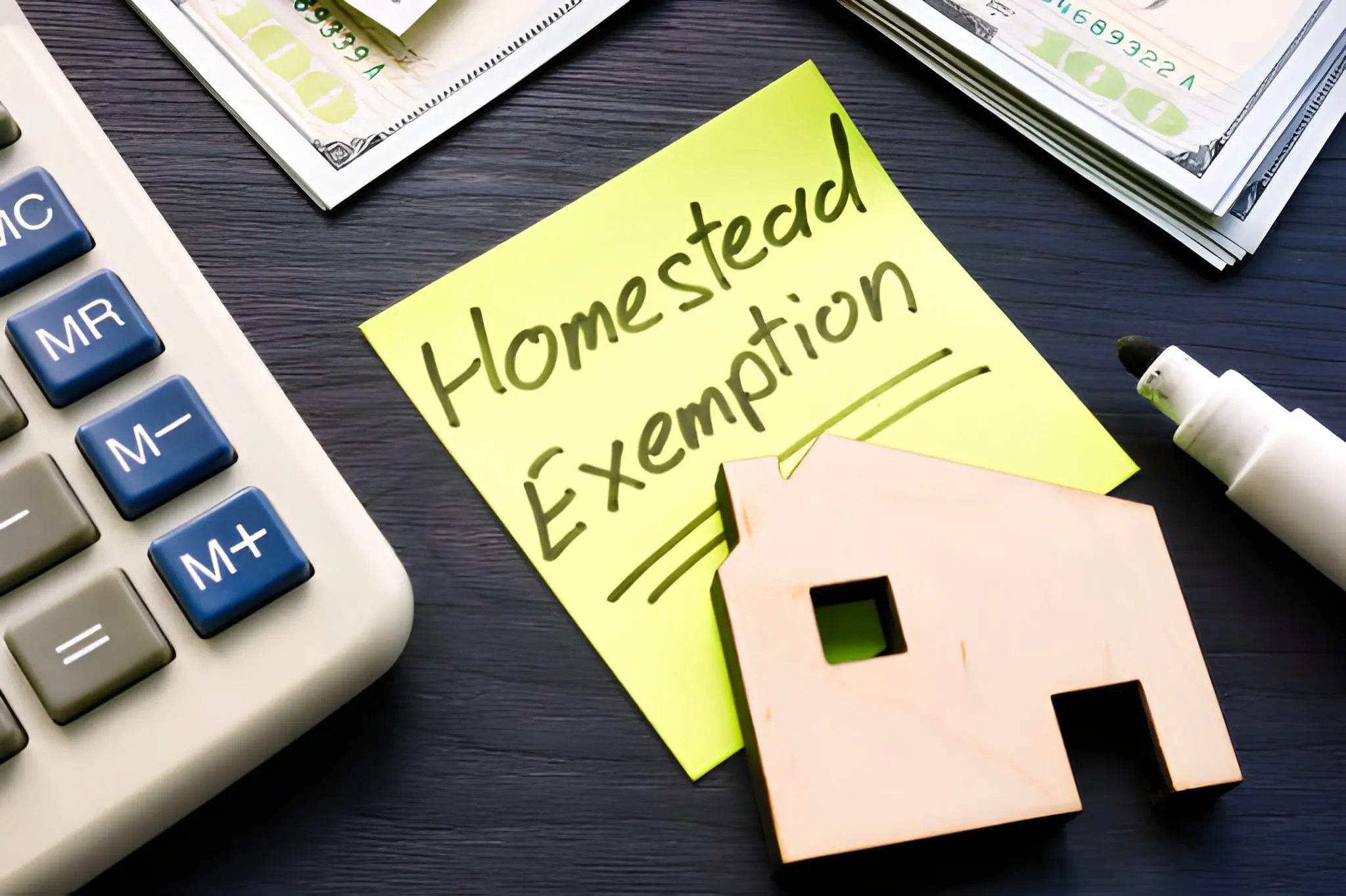4 Reasons You Could Be Claiming Homestead Exemption
Property taxes are a recurring expense for homeowners, and understanding how to manage them effectively can make a significant difference in your financial planning. One of the most accessible tools available to reduce your property tax burden is the homestead exemption. This exemption lowers the taxable value of your primary residence, which can result in substantial annual savings. While many homeowners qualify, not everyone takes advantage of it. Knowing the reasons you could be eligible to claim this exemption can help ensure you are not paying more than necessary.
Primary Residence Ownership
The most straightforward reason to claim a homestead exemption is that you own and occupy the property as your primary residence. To qualify, you must have lived in the home as of January 1 of the tax year and not claim a homestead exemption on any other property. This exemption reduces the taxable portion of your home’s appraised value, which can lead to lower property taxes.
By filing brazos county homestead exemption you can avoid discrepancies in property records or inappropriate comparable sales can result in inflated assessments. Claiming the homestead exemption helps mitigate this by reducing the taxable base, ensuring your tax bill is more aligned with your actual property value.
Age and Disability Qualifications
Homeowners who are 65 years or older or who have qualifying disabilities may be eligible for additional exemptions beyond the standard homestead exemption. These exemptions provide further reductions in taxable value and may include a freeze on certain taxes, such as those levied by school districts. This freeze ensures that even if property values increase, the amount of taxes owed to those entities remains stable.
To qualify for the age-based exemption, you must be 65 or older during the tax year and occupy the home as your primary residence. For disability exemptions, you must meet the criteria set by the appraisal district, which often includes documentation such as Social Security Disability Insurance (SSDI) approval or a physician’s certification. These exemptions are especially beneficial for individuals on fixed incomes, helping to maintain affordability in the face of rising property values.
It is important to note that these exemptions are not automatically applied. You must file the appropriate forms with your local appraisal district and provide supporting documentation. Missing out on these exemptions can result in paying taxes on the full appraised value of your property, even when relief is available.
Veteran and Surviving Spouse Benefits
Veterans and their surviving spouses may qualify for property tax exemptions based on service-connected disability ratings. These exemptions vary depending on the percentage of disability and can significantly reduce or even eliminate property taxes on a primary residence. For example, veterans with a 100% disability rating may be eligible for a full exemption, while those with lower ratings may receive partial relief.
Surviving spouses of veterans may also qualify for exemptions if they remain unmarried and continue to occupy the home as their primary residence. These benefits are designed to honor service and provide financial support to those who have sacrificed for their country. Filing for these exemptions requires documentation such as VA disability rating letters and proof of residency.
In some cases, veterans may also qualify for exemptions on multiple properties if they meet specific criteria. However, the homestead exemption can only be applied to one primary residence. Understanding the distinctions between these exemptions and how they interact with the homestead exemption is essential for maximizing your property tax savings.
Heir Property and Title Issues
Another reason you could be claiming a homestead exemption is if you are living in inherited property, even if the title has not been formally transferred. Texas law allows for homestead exemptions to be applied to heir property under certain conditions, recognizing that title resolution can be a lengthy process. If you occupy the property as your primary residence and can demonstrate a legal interest, you may be eligible to claim the exemption.
This provision is particularly important for families managing generational homes or properties passed down without formal probate. Filing requirements may include affidavits, utility bills, and other documentation to establish residency and ownership interest. While the process may be more complex, the financial benefits of securing the exemption can be substantial.
Conclusion
Claiming a homestead exemption is a practical way to reduce your property tax liability, and several circumstances may make you eligible. Whether you own and occupy your home, qualify due to age or disability, are a veteran or surviving spouse, or live in inherited property, understanding your rights and filing the necessary documentation is key. In areas like Brazos County, where assessments can vary, taking advantage of exemptions ensures your tax bill reflects only what is legally required. Reviewing your eligibility and acting promptly can help you maintain financial stability and protect your home investment.
Also Read-Smart Design at Sea: How Integrated Tech is Optimizing Space and Experience Onboard

